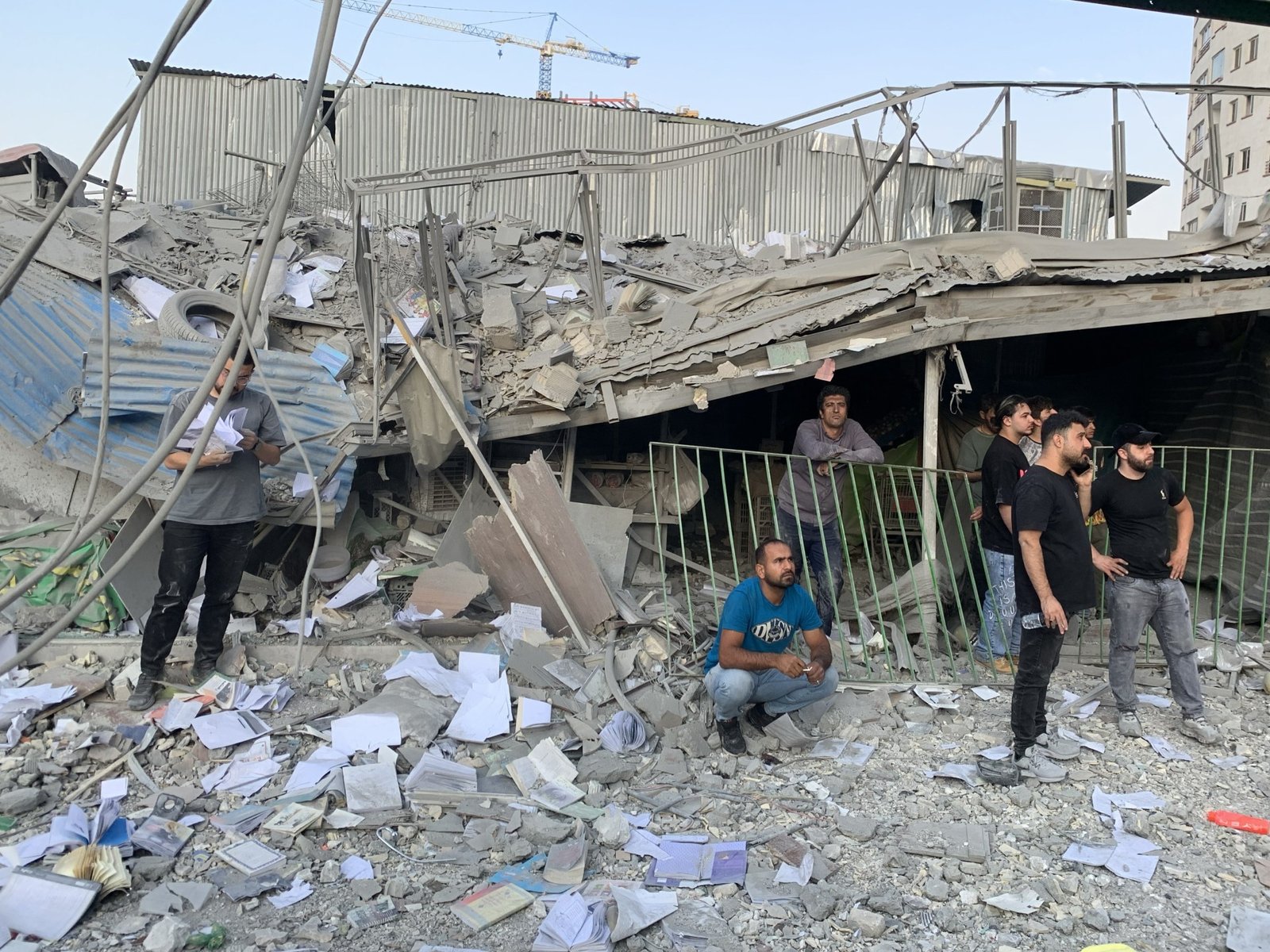Physical Address
304 North Cardinal St.
Dorchester Center, MA 02124
Physical Address
304 North Cardinal St.
Dorchester Center, MA 02124

On Friday morning, Israel surprised several Iranian military and nuclear weapons, as well as residential houses in Tehran, known for its senior security officials, pulling the region to a full -fledged war between competitors.
The attacks were killed by several older members of the Iranian military forces. Among them were General Mohammad Bagheri, the Chief of the Iranian Armed Forces Headquarters and the Supreme Military Officer of the State.
Bagheri was born Mohammad Hossein Afshordi in the 1960s. In the current role, he oversaw both the Islamic Revolutionary Guard Corps (IRGC) and the other military force of the country, including coordination between the various weapons of the national security apparatus.
It is reported that he had an outstanding military career with IRGC; However, he is little known outside his service accounting, academic achievements and a number of sanctions imposed on different international structures.
“A lot of (from) the highest -grade intelligence services and military officials in Iran are more than a secret side,” Al Jazeera said at the Reza H Akbari, the Middle East and North African Program Manager at the Institute of War and Peace Reporting Institute.
Bagheri joined the IRGC in 1980, a year after the Iran Revolution, and the same year began the Iranian and Iraq war. This conflict lasted for eight years and hundreds of thousands of people were killed on both sides and Iran suffered more losses.
One of the killed was Bagheri’s eldest brother, Hasan, who reportedly founded the IrGC Military Intelligence Unit in 1980 and was headed for a division of 27 years.
Following the United States Congressional Study Report, which described him as “early IRGC staff who fought against the post -revolutionary Kurdish uprising and the Iranian War of Iran,” Baghers fought in the Iranian War of Iraq, which described him as “early IRGC staff”.
According to the Iranian media, Bagheri became the head of Irgc intelligence operations in 1983 after his brother’s death. After the war, he also served as a deputy head of intelligence and operations, as well as the Head of Armed Forces.
According to the Iranian state -related news agency, he played a “special role” in the 1997 operation in Iraq against the Kurdish forces. In 2016, he replaced the general Major General Seyyed Hasan Firoozabadi as the Chief of the IRGC Headquarters.
According to Akbari, he was associated with the “Elite Power of IRGC” and was tasked with “the most sensitive missions, especially those related to the Air Force unit”.
Baghers in the US sanctioned in 2019 when the first Trump administration leveled sanctions Against what they called Iran’s top leader Ali Khamene’s “inner circle”.
Meanwhile, the European Union reportedly sanctioned Bagher for Russia’s drone delivery, while the US, Canada and the United Kingdom were further sanctioned for his role in suppression in the 2022 protests in Iran after Mahsa Amini’s killing.

In addition, Baghers also murdered Hossein Salami, Commander of the Islamic Revolutionary Guard Corps Commander, and Gholamali Rashid, Deputy Chief Commander of the Armed Forces.
They also killed several nuclear scientists on Friday morning attacks.
The attacks took place when the US and Iran were preparing for the next nuclear talks on Sunday. Rhetoric about a possible attack on Israel and the United States in recent days, and US Embassy staff were addressed in many places, while Iran had responded with their warnings of possible revenge if it was done.
Many in the international community condemned attacks, including many Gulf countries, such as Saudi Arabia, Oman and Qatar, who called it the “gorgeous violation” of international law.
US Special Envoy Steve Vitkof said on Friday morning that he was still waiting for the talks to continue on Sunday.
But Akbari said from the reports of the War and Peace Institute that he was seeing a small chance of the US and Iran’s talks continuing. “I believe that the reliability of the negotiations continues as slender,” he said.
